
Payment and currency in Vietnam
Vietnam is a great place to go if you want to get a lot for your money because there are so many budget restaurants, lodging options, and activities there. Learn the local currency and payment methods before visiting Vietnam for the first time to maximize your enjoyment of the country. Here is a brief guide to financial issues for tourists in Vietnam.
Vietnamese currency
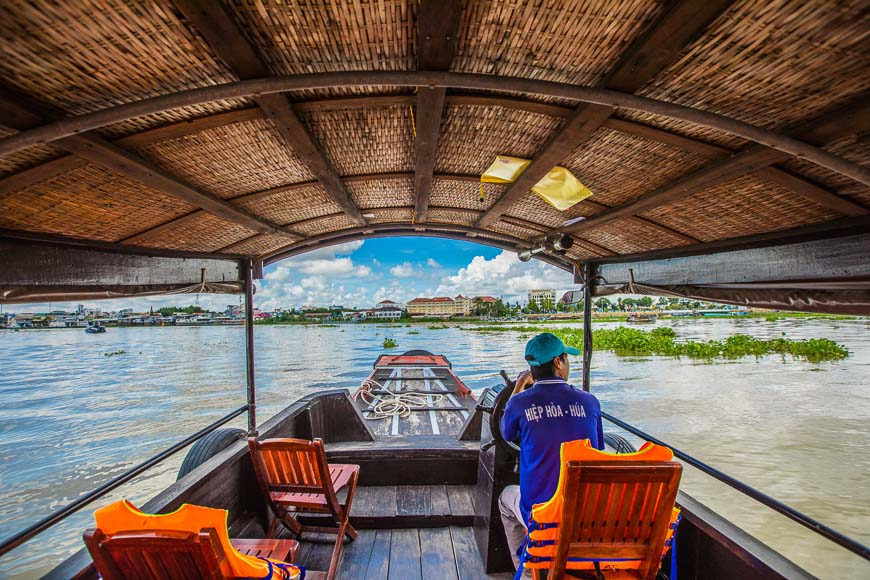 The official currency in Vietnam is the Vietnam đồng, symbolized by ₫ or VND. No coins are used in Vietnam, although there are a variety of notes in denominations ranging from 10,000 VND to 500,000 VND. Remove three zeros from the number in your head to make it simpler if the multiple zeros are confusing you. Simply take out three zeros and divide by 23 to rapidly convert from VND to USD.
The official currency in Vietnam is the Vietnam đồng, symbolized by ₫ or VND. No coins are used in Vietnam, although there are a variety of notes in denominations ranging from 10,000 VND to 500,000 VND. Remove three zeros from the number in your head to make it simpler if the multiple zeros are confusing you. Simply take out three zeros and divide by 23 to rapidly convert from VND to USD.
TIP: The 20,000 VND and 500,000 VND bills have similar blue tones; make sure before you pay.
Withdrawal and exchange of money
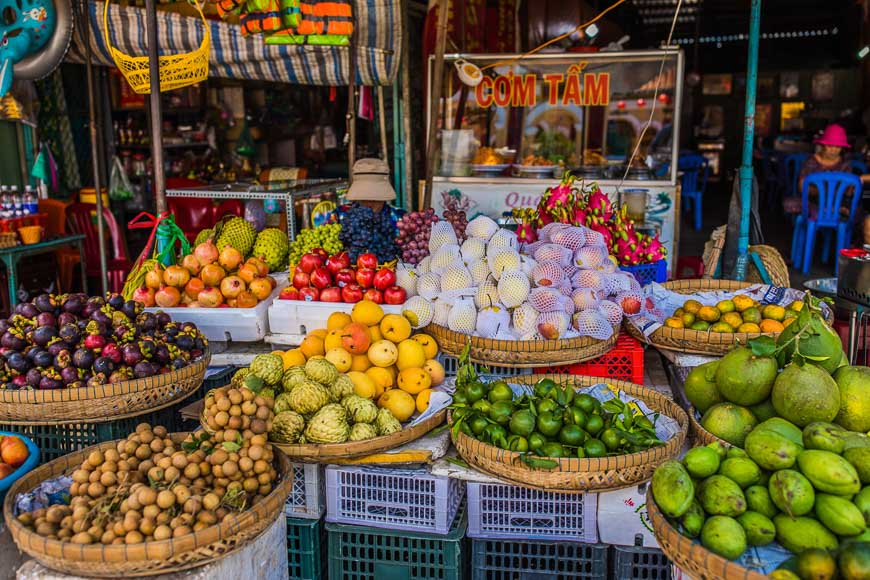 When you arrive in Vietnam, you should have some local currency on hand. At all major airports, there are ATMs that take foreign cards right outside the arrival gates. In Vietnamese cities, ATMs are a regular sight, so you should have no trouble finding one in most places. More than 20,000 ATMs across the country accept foreign credit cards including Visa. Ask your hotel for directions if you need assistance finding the closest ATM. Withdrawal restrictions per transaction for domestic bank ATMs range from 2 million VND (about $100) to 3 million VND, and from 5 million VND to 10 million VND for international bank ATMs.
When you arrive in Vietnam, you should have some local currency on hand. At all major airports, there are ATMs that take foreign cards right outside the arrival gates. In Vietnamese cities, ATMs are a regular sight, so you should have no trouble finding one in most places. More than 20,000 ATMs across the country accept foreign credit cards including Visa. Ask your hotel for directions if you need assistance finding the closest ATM. Withdrawal restrictions per transaction for domestic bank ATMs range from 2 million VND (about $100) to 3 million VND, and from 5 million VND to 10 million VND for international bank ATMs.
Just before the exit gates of Vietnam's international airports are currency exchange booths. When you arrive at your location, you can typically exchange money at your hotel, in popular tourist areas, and at neighborhood banks.
TIP: If you intend to buy crafts or textiles directly from local craftsmen when visiting remote areas of Vietnam, you should withdraw some extra cash beforehand.
Paying with cards in Vietnam
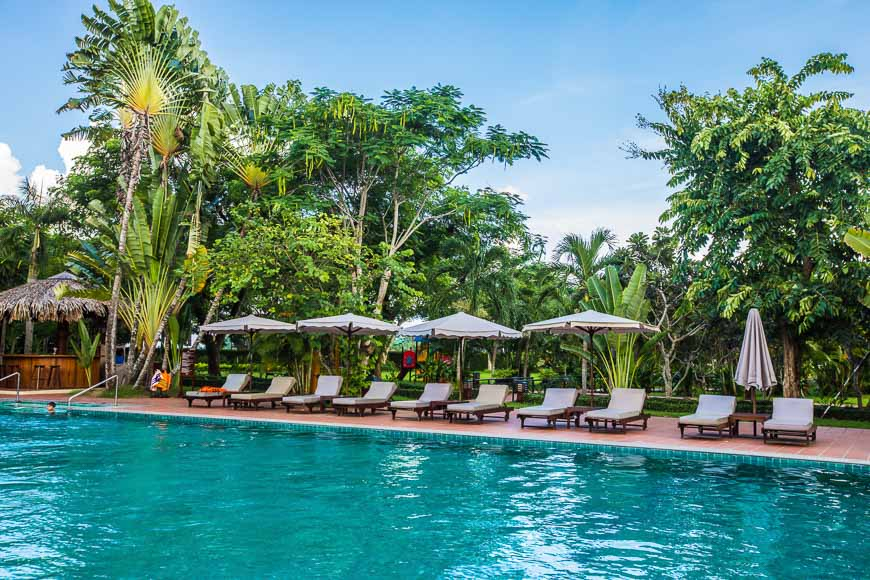 While minor purchases and street vendors in Vietnam still prefer cash, the majority of establishments now accept payments from Visa and other well-known credit card companies. Most hotels, tour companies, shops, eateries, supermarkets, and spas accept foreign debit and credit cards. Your card issuer will decide on conversion rates and swipe fees. With very few exceptions, you may pay for your bigger travel expenses in Vietnam with a card, in-person, or online in advance, which eliminates the need to carry and change significant amounts of currency while traveling.
While minor purchases and street vendors in Vietnam still prefer cash, the majority of establishments now accept payments from Visa and other well-known credit card companies. Most hotels, tour companies, shops, eateries, supermarkets, and spas accept foreign debit and credit cards. Your card issuer will decide on conversion rates and swipe fees. With very few exceptions, you may pay for your bigger travel expenses in Vietnam with a card, in-person, or online in advance, which eliminates the need to carry and change significant amounts of currency while traveling.
Local costs
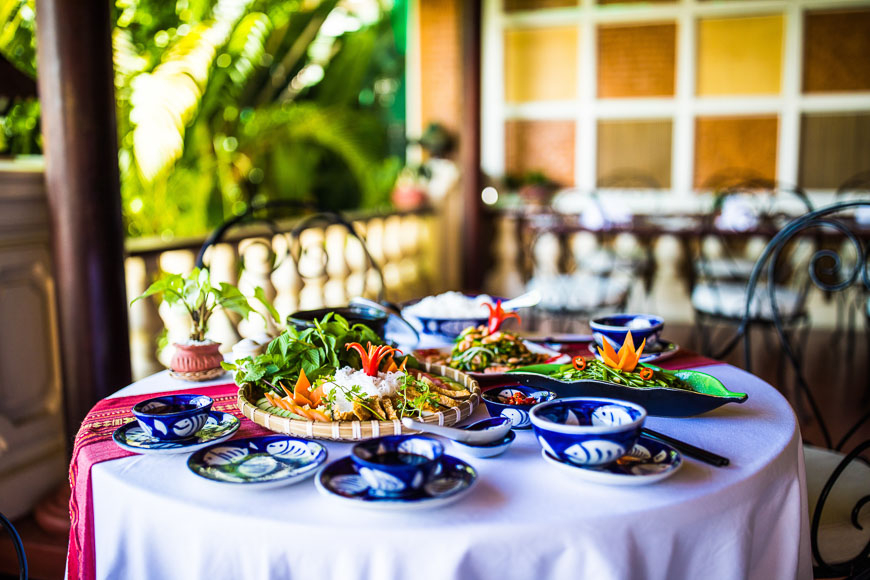 Do you need to budget a certain amount of money for your vacation to Vietnam? If you're on a tight budget, staying in homestays and eating street food is a terrific option that will still provide you a deep cultural experience of Vietnam. If you have a little more money to spend, Vietnam's mid-range hotels and neighborhood eateries provide excellent value and warm service. If you're in town to indulge, our five-star hotels and private tours provide exceptional value and remarkable experiences. Check out the list of typical costs below:
Do you need to budget a certain amount of money for your vacation to Vietnam? If you're on a tight budget, staying in homestays and eating street food is a terrific option that will still provide you a deep cultural experience of Vietnam. If you have a little more money to spend, Vietnam's mid-range hotels and neighborhood eateries provide excellent value and warm service. If you're in town to indulge, our five-star hotels and private tours provide exceptional value and remarkable experiences. Check out the list of typical costs below:
Sidewalk coffee - 25,000 VND (1 USD)
Street food meal with ice tea - 45,000 VND (2 USD)
Cappuccino in a cafe - 55,000 VND (2.50 USD)
Three-course restaurant meal - 450,000 (20 USD)/person
Inner city taxi - 35,000 to 100,000 VND (1.50 to 4 USD)
60-minute foot massage at local spa - 350,000 VND (15 USD)
Budget hostel - 300,000 VND (13 USD)/night
Mid-range hotel - 700,000 VND (30 USD)/night
Half-day group tour - 1 million VND (43 USD)
Luxury hotel - 3.5 million VND (150 USD)/night
Safety and security
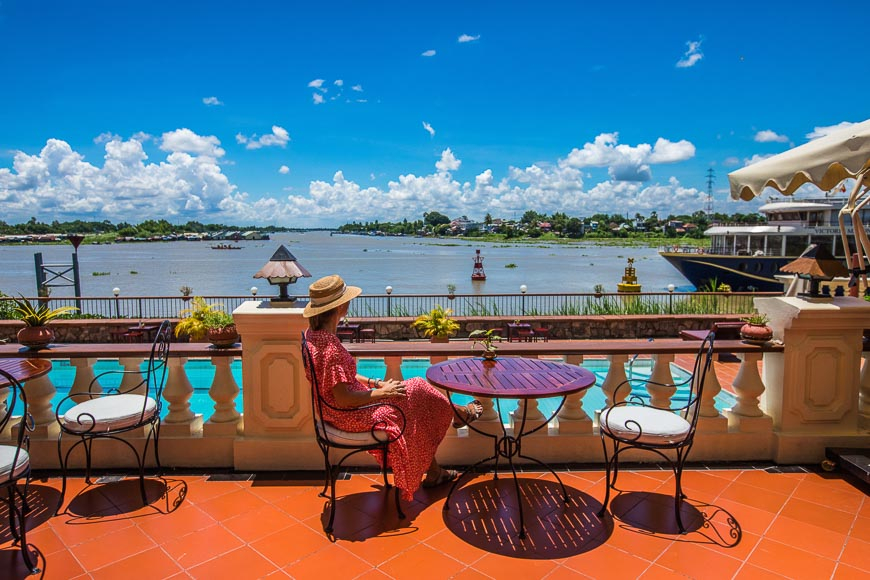 Travelers should use caution when in Vietnam because it is normally extremely safe, but also to watch their money and avoid flashing their valuables in public. When leaving the hotel, store cash, credit cards, and other valuables in the room safe. When in busy areas, be extra cautious and keep your wallet and purse near to you. Cards with security features, like Visa's 3D security system, can assist prevent theft or fraud and allay concerns about the protection of your money.
Travelers should use caution when in Vietnam because it is normally extremely safe, but also to watch their money and avoid flashing their valuables in public. When leaving the hotel, store cash, credit cards, and other valuables in the room safe. When in busy areas, be extra cautious and keep your wallet and purse near to you. Cards with security features, like Visa's 3D security system, can assist prevent theft or fraud and allay concerns about the protection of your money.
Although Vietnam is typically very safe, tourists should exercise caution while there. They should also keep an eye on their money and avoid flashing any valuables in public. Cash, credit cards, and other valuables should be kept in the room safe until you check out of the hotel. Be extra cautious and keep your wallet and purse close to you whenever you're in a busy place. Cards with security features, like Visa's 3D security system, can help stop theft or fraud and ease worries about how your money will be protected.
Tipping manners
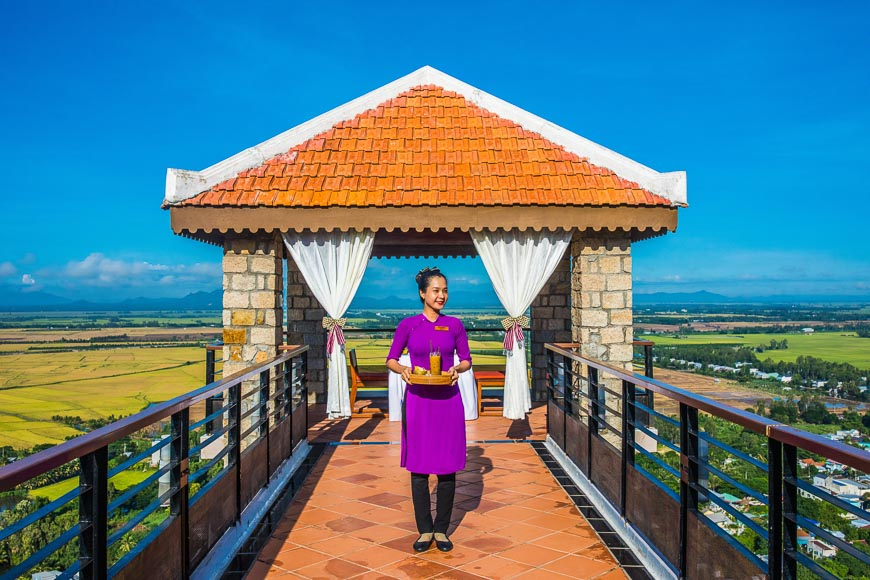 Since tipping is not a common practice in Vietnamese society, there is no specific rule about it in Vietnam. However, in some circumstances, such as in beauty salons and for private tour guides, tipping is becoming more typical. Although not required, tips are always appreciated in cafes and restaurants. If you're unsure of how much to tip, keeping in mind that a typical dinner here costs between 30,000 and 40,000 VND might help you determine the worth of your gratuity to the recipient.
Since tipping is not a common practice in Vietnamese society, there is no specific rule about it in Vietnam. However, in some circumstances, such as in beauty salons and for private tour guides, tipping is becoming more typical. Although not required, tips are always appreciated in cafes and restaurants. If you're unsure of how much to tip, keeping in mind that a typical dinner here costs between 30,000 and 40,000 VND might help you determine the worth of your gratuity to the recipient.
Bargaining is typical in marketplaces and casual shopping areas. If you're shopping at a popular tourist destination, you can typically negotiate a price discount. Before you make a decision, look about and make inquiries with a few merchants or businesses to obtain a broad sense of the cost.